- Hardcover : 373 Seiten
- Verlag: Sammlung de Nobili
- Autor(en): George Chemparathy
- Auflage: 1. Auflage, erschienen am 01.06.2010
- Sprache: Französisch
- ISBN-10: 3-200-02036-9
- ISBN-13: 978-3-200-02036-8
- Vom BAfmW empfohlenes Alter: Jahren
- Größe:
- Gewicht: Gramm
La Bible et le Veda comme parole de dieu: Un essai en théologie comparée
Autoren: George Chemparathy42,00 €
inkl. 7 % MwSt. zzgl. Versandkosten
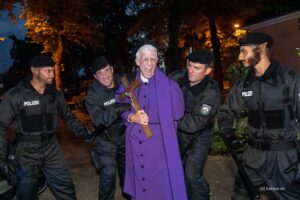
BONN (BAfmW) – This book is a study of the Bible and the Veda under the aspect of the “word of God”. It consists of two unequal parts. The First Part deals mainly with two topics: the first chapter enumerates the texts that the classical Hindu philosophers mean when they use the term “Veda”, with short descriptions of them, and points out the importance of the Veda for the Hindus, as well as the methods they employed to assure its faithful transmission to posterity. Chapters two to seven trace the steps that led the Nyāya-Vaiśeṣika thinkers to accept God (īśvara) as the author of the Veda. In their view, īśvara, though devoid of a body as part of his nature, takes up temporarily a body, at the beginning of every new creation, in order to be able to proclaim the Veda by word of mouth to the first human beings that come into existence at that time. The Veda thus proclaimed by īśvara is in the true and literal sense the “word of God”. On their part, Christians believe that their Holy Scripture, the Bible, is the word of God. The Hindu conception of the origin and nature of the Veda as the word of īśvara offers an opportunity to attempt a comparative study of the Bible and the Veda as the word of God. The starting point of the comparison is the Bible. The possible objections to such a method of comparison are answered in the seventh chapter. The chapters that follow, which constitute the larger part of the book, are devoted to the comparison of the Veda with the Bible under the aspect of the “word of God”. The Christians believe that the Bible as the word of God is divinely inspired and true, and consists of a certain number of books that constitute the “canon” of the Bible. The Veda, as conceived by the classical Hindu thinkers, is essentially of the nature of the “uttered” or “spoken” word, and hence we cannot really speak of the “books” of the Veda out of which one “reads” the Veda. Rather, in the Hindu conception, the Veda is taught by a master by word of mouth, “heard” by a disciple, and then transmitted to others by word of mouth (“Hearing” plays an important role in the learning and transmission of the Veda and hence the name “Śruti” is fittingly used as synonym for the Veda). Though the Bible essentially consists of a certain number of “written” works and the Veda consists of essentially “uttered” and unwritten texts, the fact that both are said to be the word of God offers the possibility of a comparative study of these sacred scriptures of Christianity and Hinduism. Three aspects of the Bible as the word of God are chosen for comparison: inspiration, inerrancy or truth, and canonicity. Each of these aspects is studied, one after the other. Taking the biblical understanding of these concepts as the criterion, these concepts are explained at first as understood and applied to the Bible, followed by an application of these concepts to the Hindu understanding of the Veda. A few theological observations by way of comparison bring the study of each of the concepts to a close. A final chapter, which resumes the cardinal ideas of the comparative study, answers the question whether the Veda is the “word of God” in the same sense as we apply this expression to the Bible. A Glossary of some selected Übersetzt von words with a view to help the reader who is not conversant with the Hindu terminologies, a List of Abbreviations of the texts used, and a Select Bibliography conclude the work.
Über „La Bible et le Veda comme parole de dieu: Un essai en théologie comparée“
Das Bundesamt für magische Wesen weist den gemeinen Bürger und die gemeine Bürgerin draußen im Lande darauf hin, dass „La Bible et le Veda comme parole de dieu: Un essai en théologie comparée“ von George Chemparathy für Leser und Leserinnen Jahren deutliche Spuren von Religion und Aberglauben enthält. Es unterliegt den Regeln der FMSK zum Schutz der (nicht-)magischen Jugend und Allgemeinheit vor geweihten Röckchenträgern.
Es erschien am 01.06.2010 im/bei Sammlung de Nobili.
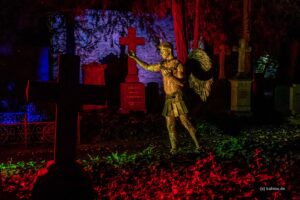
Das Bundesamt für magische Wesen kommt mit dem Hinweis auf „La Bible et le Veda comme parole de dieu: Un essai en théologie comparée“ seinem Bildungsauftrag nach, die Eltern junger Vampire, Dämonen, Elfen sowie weiterer Pubertiere auf die Gefahren hinzuweisen, die von Religion, religiösen Institutionen und dem organisierten religiösen Verbrechen ausgeht.
Religion und Drogen gefährden gleichermaßen die geistige, seelische und körperliche Unversehrtheit von Kindern und Jugendlichen. Das Amt weist bei dieser Gelegenheit betroffene Familienangehörige auch auf Therapie- und Aussteigerprogramme für sog. „Religiöse“ hin, die dafür bekannt sind, das Leben harmloser schwuler Vampire und gut integrierter Werwölfe zur Hölle zu machen.
Lesen Sie Bücher von George Chemparathy nur zusammen mit Ihren Kindern!

Brutale religiöse Geschichten über Hexenverbrennung, Jünglinge in Feueröfen, Kreuzigungen im Namen von Vätern, die sich nicht um ihre Söhne kümmern, Kreuzzüge sowie andere kirchliche Horrorgeschichten können bei Kindern und Jugendlichen schwere Alpträume, Ängste und Depressionen verursachen. Lassen Sie Ihren Nachwuchs lieber sein Modelpotential bei einem Fantasyshooting als Werwolf, Vampir oder Dämon testen.
Ebenso traumatisierende Begegnungen mit religiösen Gefährdern wie Joachim Kardinal Meisner und den geweihten Röckchenträgern des organisierten religiösen Verbrechens aus dem Katholischen Staat und dem Evangelikalen Emirat.

Sie sind stets willkommen im Bundesamt für magische Wesen in Bonn, der Stauhauptstadt von Nordrhein-Westfalen. Dort gibt es viele gute Fantasyromane und andere spannende Romane zum Träumen. Außerdem bekommen Sie dort erste Hilfe bei einer Infektion mit den Legionellen Christi und Beratung! Religion ist heutzutage wirklich heilbar! Niemand muss heutzutage mehr an Religion erkranken.
Marke
Sammlung de Nobili
Das könnte dir auch gefallen …
-
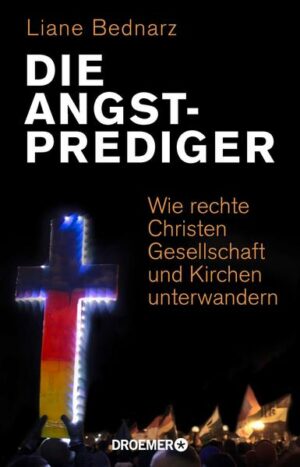
Die Angstprediger: Wie rechte Christen Gesellschaft und Kirchen unterwandern
16,99 €inkl. 7 % MwSt.
zzgl. Versandkosten
In den Warenkorb -
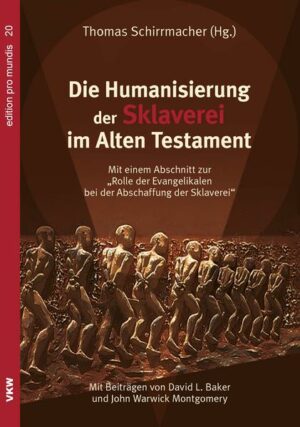
Die Humanisierung der Sklaverei im Alten Testament: Mit einem Abschnitt zur „Rolle der Evangelikalen bei der Abschaffung der Sklaverei“
12,00 €inkl. 7 % MwSt.
zzgl. Versandkosten
In den Warenkorb -

Loverboys Classic 14: Der Neue im Kloster
12,95 €inkl. 7 % MwSt.
zzgl. Versandkosten
In den Warenkorb -
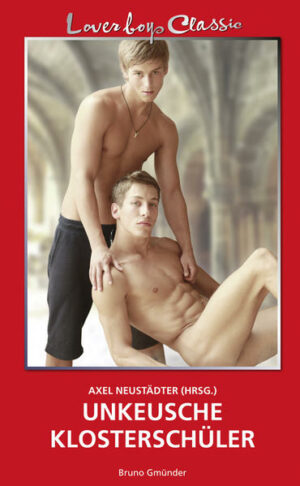
Loverboys Classic 17: Unkeusche Klosterschüler
7,99 €inkl. 7 % MwSt.
zzgl. Versandkosten
In den Warenkorb -

Loverboys 146: Doktorspiele in Sankt Blasius
12,99 €inkl. 7 % MwSt.
zzgl. Versandkosten
In den Warenkorb -
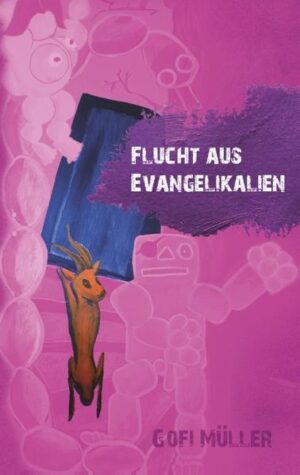
Flucht aus Evangelikalien: Über Gott, das Leiden und die heilende Kraft der Künste
9,99 €inkl. 7 % MwSt.
zzgl. Versandkosten
In den Warenkorb
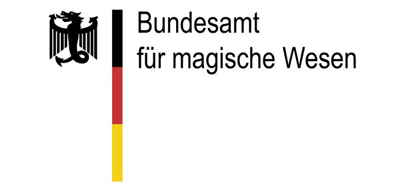

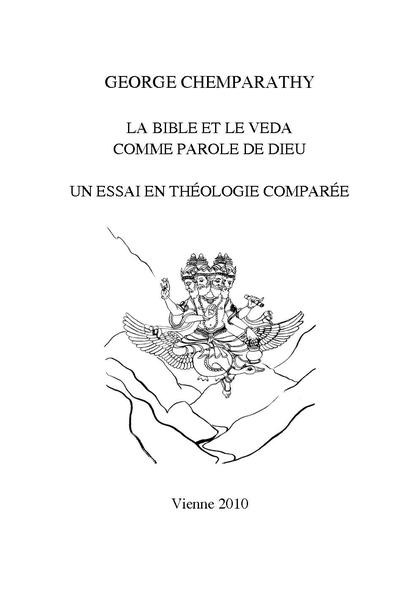
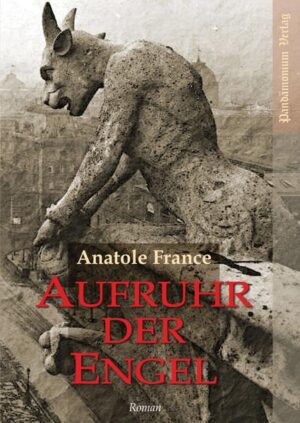
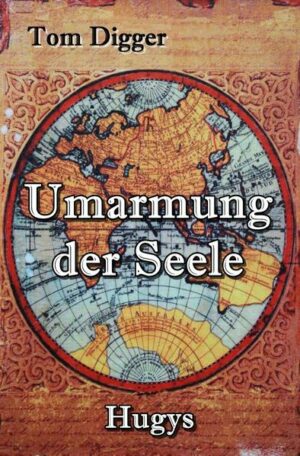

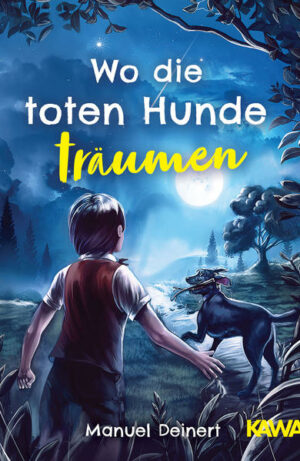
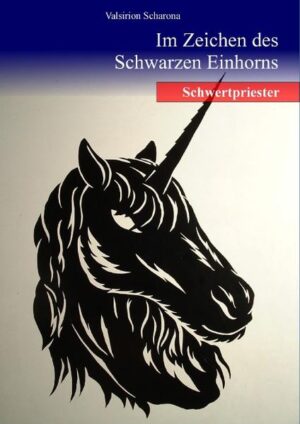

Bewertungen
Es gibt noch keine Rezensionen